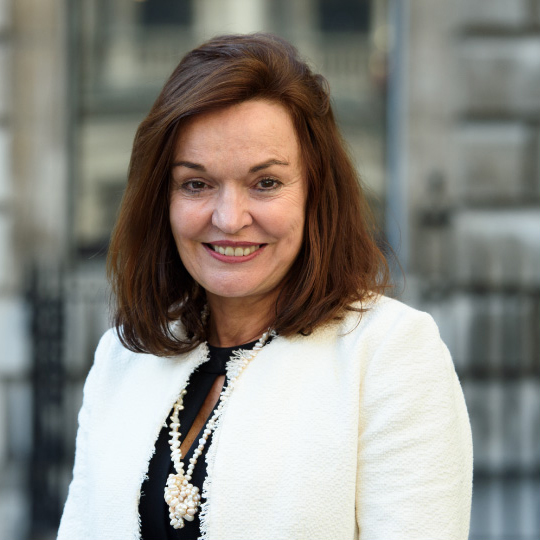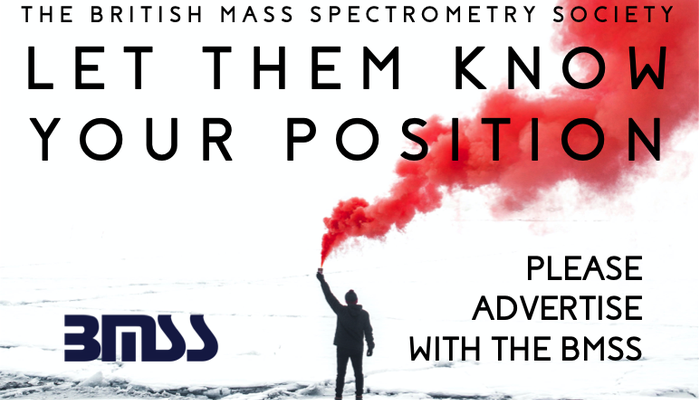Carol Robinson
Professor Dame Carol Robinson, Department of Chemistry, University of Oxford

Originally published April 2020
How did you first become interested in mass spectrometry?
I left school at 16 and went to work for Pfizer as it was the local industry in Kent. It was through my work as a technician there that I first became interested in mass spectrometry. I always felt like it was ‘me against the machine’ – most days it wouldn’t be working – so when it did work I got a tremendous sense of satisfaction.
What do you think are your greatest contributions in encouraging young people to pursue mass spectrometry as a career?
My greatest contributions I believe are in speaking at conferences, reaching a wide audience and making the subject more open and inclusive. There are now many new areas of application where mass spectrometry is making a significant impact.
In what new areas do you see mass spectrometry going into? Are new developments required?
Great strides have been made in proteomics, structural biology and imaging to name just a few areas of interest to me. There is always a call for greater sensitivity and resolution - these are ongoing ever since I started my career. New areas coming to the fore are single cell proteomics, greater detail for in situ imaging, as well as drug testing in complex cellular environments.
What advice would you give a scientist starting out in mass spectrometry?
Be bold, be different and be passionate about what you do. I have always thought it important to develop a niche – to be recognised for something rather than to follow a popular well-trodden path.
Where do you see the future of mass spectrometry in the next 10 years - can it still be a career path for young people?
Artificial intelligence will likely develop ways of interpreting mass spectra. I think however that there will always be a place for an individual to discover something unexpected by close scrutiny of raw-data. Mass spectrometry is expanding so rapidly in its application that I believe it will remain an excellent career path for young people.
Could you describe your lasting memories/most satisfying achievements of your career in mass spectrometry?
I often remember days when I recorded mass spectra that I doubted would ever be possible. For example, the first time I recorded mass spectra of very large complexes, or of membrane protein complexes, flying through the mass spectrometer intact. Those days are firmly etched in my memory.

